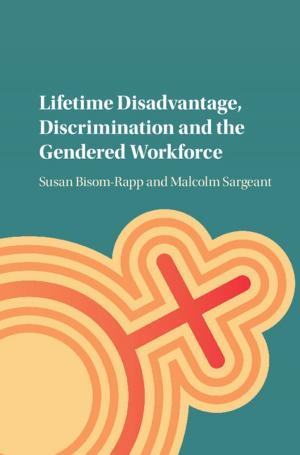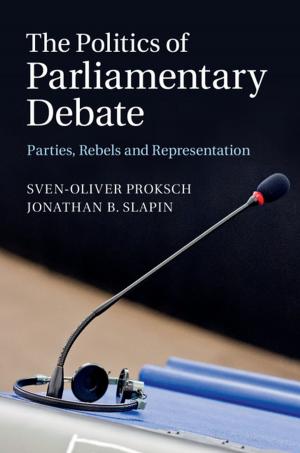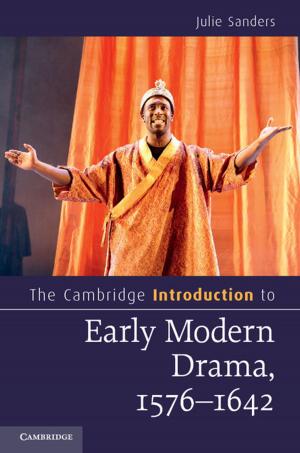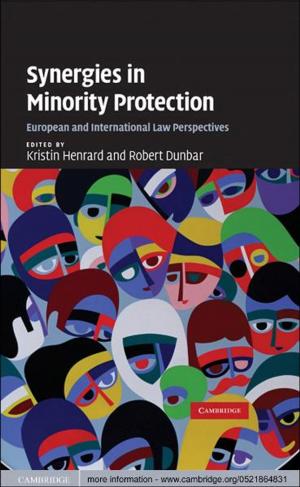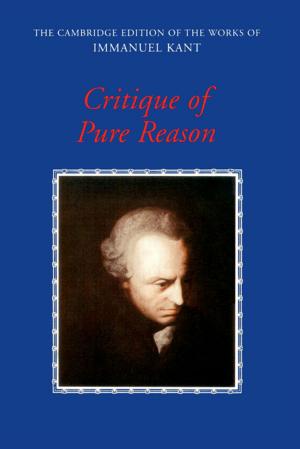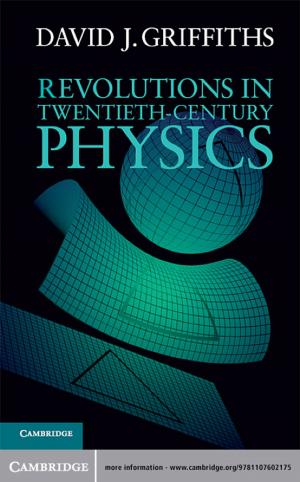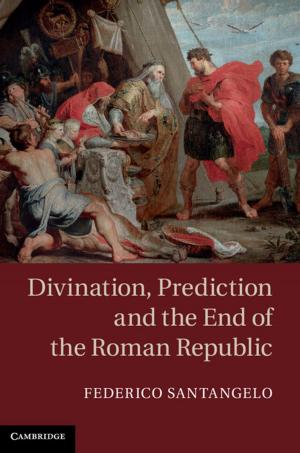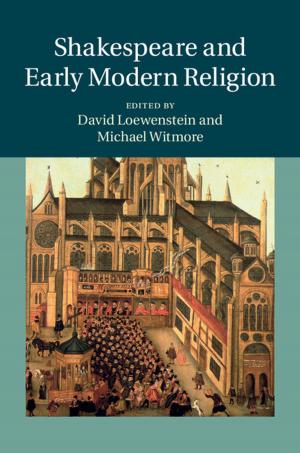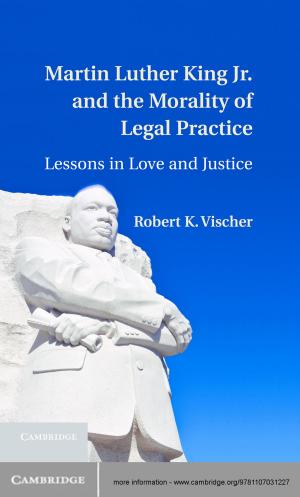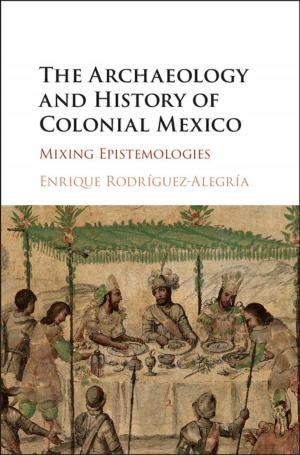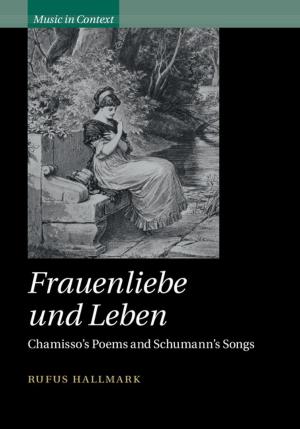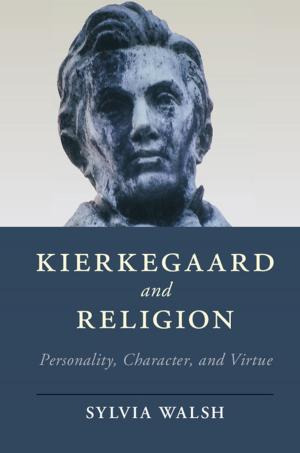| Author: | Adam J. MacLeod | ISBN: | 9781316289907 |
| Publisher: | Cambridge University Press | Publication: | April 30, 2015 |
| Imprint: | Cambridge University Press | Language: | English |
| Author: | Adam J. MacLeod |
| ISBN: | 9781316289907 |
| Publisher: | Cambridge University Press |
| Publication: | April 30, 2015 |
| Imprint: | Cambridge University Press |
| Language: | English |
Property and Practical Reason makes a moral argument for common law property institutions and norms, and challenges the prevailing dichotomy between individual rights and state interests and its assumption that individual preferences and the good of communities must be in conflict. One can understand competing intuitions about private property rights by considering how private property enables owners and their collaborators to exercise practical reason consistent with the requirements of reason, and thereby to become practically reasonable agents of deliberation and choice who promote various aspects of the common good. The plural and mediated domains of property ownership, though imperfect, have moral benefits for all members of the community. They enable communities and institutions of private ordering to pursue plural and incommensurable good ends while specifying the boundaries of property rights consistent with basic moral requirements.
Property and Practical Reason makes a moral argument for common law property institutions and norms, and challenges the prevailing dichotomy between individual rights and state interests and its assumption that individual preferences and the good of communities must be in conflict. One can understand competing intuitions about private property rights by considering how private property enables owners and their collaborators to exercise practical reason consistent with the requirements of reason, and thereby to become practically reasonable agents of deliberation and choice who promote various aspects of the common good. The plural and mediated domains of property ownership, though imperfect, have moral benefits for all members of the community. They enable communities and institutions of private ordering to pursue plural and incommensurable good ends while specifying the boundaries of property rights consistent with basic moral requirements.


